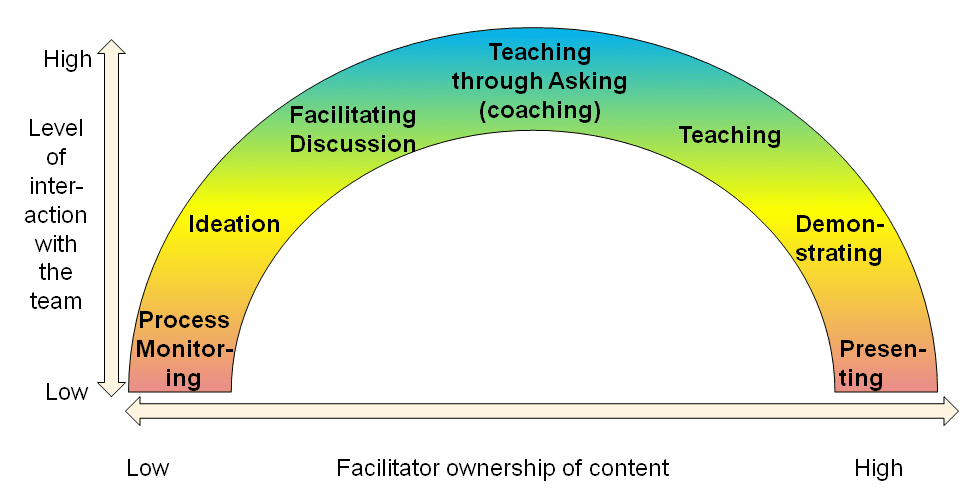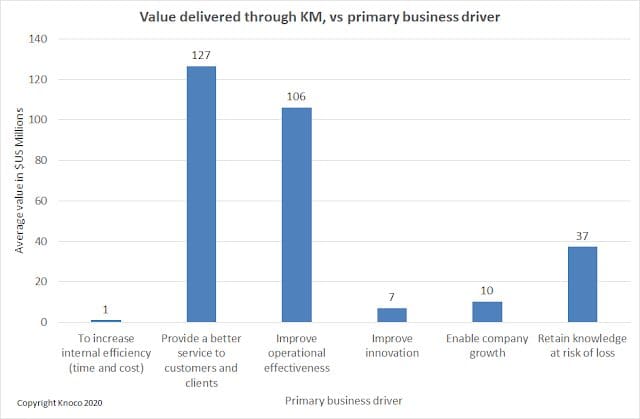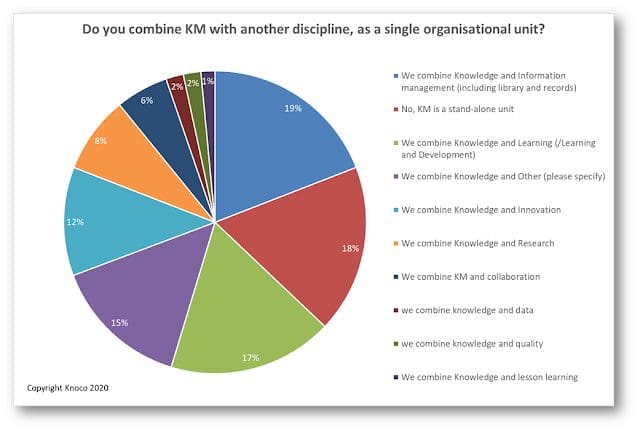
Favorite Tacit knowledge is shared and captured through the interaction of people and teams, and facilitation is key to effective interaction. Facilitation is one of the Key skills of the Knowledge Manager. The vast majority of organisational knowledge is carried in people’s heads, and the most effective way to transfer
Read More
 Shared by Nick Milton June 12, 2020
Shared by Nick Milton June 12, 2020
Favorite The Knowledge Engineer is a key role in any KM system where knowledge needs to be computer-readable Engineer by on Roddy Keetch on Flickr The Knowledge Engineer is the key role in any Knowledge Management program that focuses on analysing complex decision making applied by experts, and turning this
Read More
 Shared by Nick Milton June 11, 2020
Shared by Nick Milton June 11, 2020

Favorite We hear a lot about communities of practice and social networks in Knowledge Management, but we should not lose sight of the other dimension of the knowledge equation – the work teams. Image from wikimedia commons Work teams are often the way work gets done in organizations, and a
Read More
 Shared by Nick Milton June 10, 2020
Shared by Nick Milton June 10, 2020

Favorite The short-term/long-term balance is critical in KM. The business of KM is long term culture and behaviour change, but the company will have no patience for the long term, if you do not deliver benefits in the short term. The balance between short term and long term is tied
Read More
 Shared by Nick Milton June 9, 2020
Shared by Nick Milton June 9, 2020
Favorite In the embedded video below you can find 10 case studes which illustrate the value delivered by health librarians, who are a main component in the KM systems used in the UK National Health Service. The video is entitled “Health Librarians and Knowledge Specialists Impact Case Study Vignettes” and
Read More
 Shared by Nick Milton June 8, 2020
Shared by Nick Milton June 8, 2020

Favorite Knowledge management delivers maximum value when applied to high value knowledge, to support high value decisions, and in areas where that knowledge is otherwise at risk of being lost. A typical high value area where major decisions will be made is Mergers and Acquisitions. Image from wikimedia commons,Merger of
Read More
 Shared by Nick Milton June 5, 2020
Shared by Nick Milton June 5, 2020
Favorite Social and organisational learning is so easy that even ants can do it, and we can learn from the principles they apply. Leafcutter ant trail by Jasper Nance on flickr If you look at an ant trail from the nest to a source of food, it is pretty direct. The
Read More
 Shared by Nick Milton June 4, 2020
Shared by Nick Milton June 4, 2020

Favorite 2 years ago I posted an article where I suggested that a KM strategy based on “finding better knowledge” was more valuable than a strategy based on “better ability to find knowledge”. Now we have a figure for how much more valuable. In the 2018 post I suggested that
Read More
 Shared by Nick Milton June 3, 2020
Shared by Nick Milton June 3, 2020

Favorite I was reflecting recently after a major lessons capture exercise from a multi-million Euro project of the benefits of this sort of reflective team learning. It struck me that there are actually 6 areas of benefit from this practice. Team reflection, by Loren Kernson Flickr Firstly, the team members learn
Read More
 Shared by Nick Milton June 2, 2020
Shared by Nick Milton June 2, 2020

Favorite It is increasingly common to combine KM with another discipline, for example Knowledge and Information Management (KIM) or Knowledge and Innovation. Recent survey data suggests that this may create differences in outcome of the KM program. In the recent 2020 survey of global KM, we asked a new question
Read More
 Shared by Nick Milton June 1, 2020
Shared by Nick Milton June 1, 2020
![]() Shared by Nick Milton June 12, 2020
Shared by Nick Milton June 12, 2020






